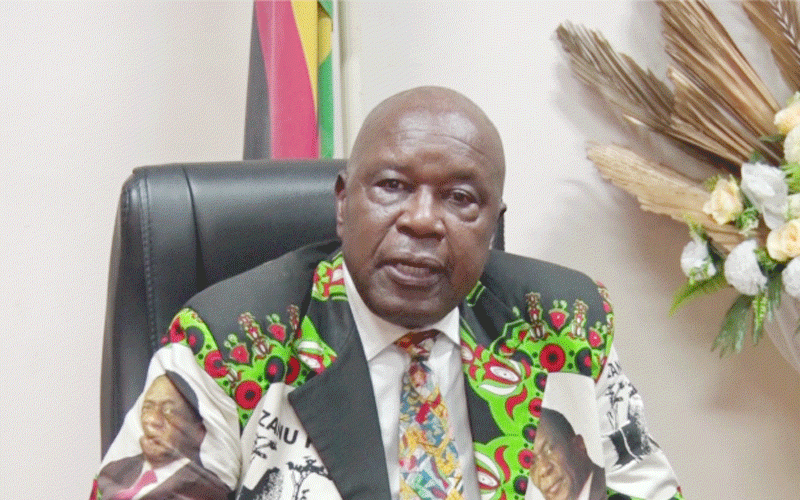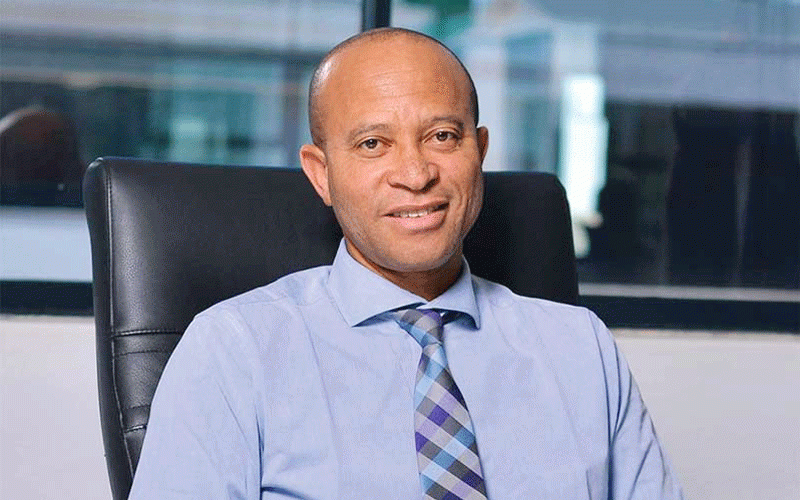By Catherine Murombedzi
Shingi The Survivor
Yes, 36 years on, Shingairai, (meaning persevere) lives up to her name. Shingairai Matogo has been taking antiretroviral therapy (ART) since 2003. she had no anti-HIV medication and stigma choking, it was only grace that she lives to tell the road travelled.
“With the first HIV case in Zimbabwe diagnosed in 1985, following suit a year later, with a severely ill child was a death sentence. Ten years on, my mates had succumbed to AIDS,” Matogo said.
“In and out of hospital with a baby with failing health, my angel said goodbye in 2001. This marked the end of my child’s 16-year-battle. I had two older children who required me. I reassured myself: ‘I was going to live for my children’.”
Founder of Clear Vision Trust, Matogo has been a pillar of support in her community, Glen View, Budiriro and Highfield in Harare.
“Stigma was choking, I mastered courage to start a support group,” she said.
“We fought stigma and as a group got treatment at Harare Hospital Annex, DART Research Programme and after research, transferred to Beatrice Infectious Diseases Hospital.
“With the first covernment roll out of antiretroviral therapy in December 2003, we were the first recipients. We got a new lease of life, thanks to the Global Fund.”
A proud grandmother of three, Matogo faces another battle. She has cervical cancer.
With cancer treatment costing an arm and a leg, Matogo was taken in by her children who are based in Cape Town, South Africa, for the past two years, as she again, perseveres to give a testimony of surviving cervical cancer.
The children she fought to raise up are now giving back, fighting for mum to get well again. Chirere, chigokurerawo, the wise Shona saying goes.
Matogo will give a testimony again as she is set to conquer cancer.
She thanks the National Aids Council, the coordinator of the national response to HIV, for ensuring that she and a lot of other people living with HIV get their monthly medication for free.
As Reverend fights stigma
“Being a Reverend and testing HIV positive was not easy, the moral lenses judged me. With stigma rife, being HIV positive was a death sentence with communities saying ‘carry your cross’,” said Rev Maxwell Kapachawo
“Living with HIV was not easy, knowing there was no treatment, I had fungal infections, swelling legs, opportunistic infections. I waited for my dying day, it did not arrive.
“A lot of herbal therapies were sold and shared as we focused on another day.
“In 2004 when the Chitungwiza opportunistic infections clinic opened, I was among the first 100 patients to enjoy the services.
“We were started on cotrimoxazole as we awaited the arrival of ARVs. The waiting was a torture, massive crowds would come as each expectation day arrived, no joy, we had no enough knowledge.
“In 2005, Dr Superi enrolled me at Newlands Clinic. I had lost hope, many I knew had died. When I started treatment, I reacted badly to it. Up to 2008 I walked with the aid of a stick, my leg was throbbing. I then had my regimen changed.
“I am not sure when the torture ended, it just did. I believe that it was through adherence to antiretroviral treatment.
“The TB cleared, my CD4 rose and my immune system could fight the OIs.
“I am grateful for the new lease of life; the medications are expensive. I would not have afforded. I am grateful to NAC, today, I have an undetectable viral load, we are managing the condition, we have been restored.”





